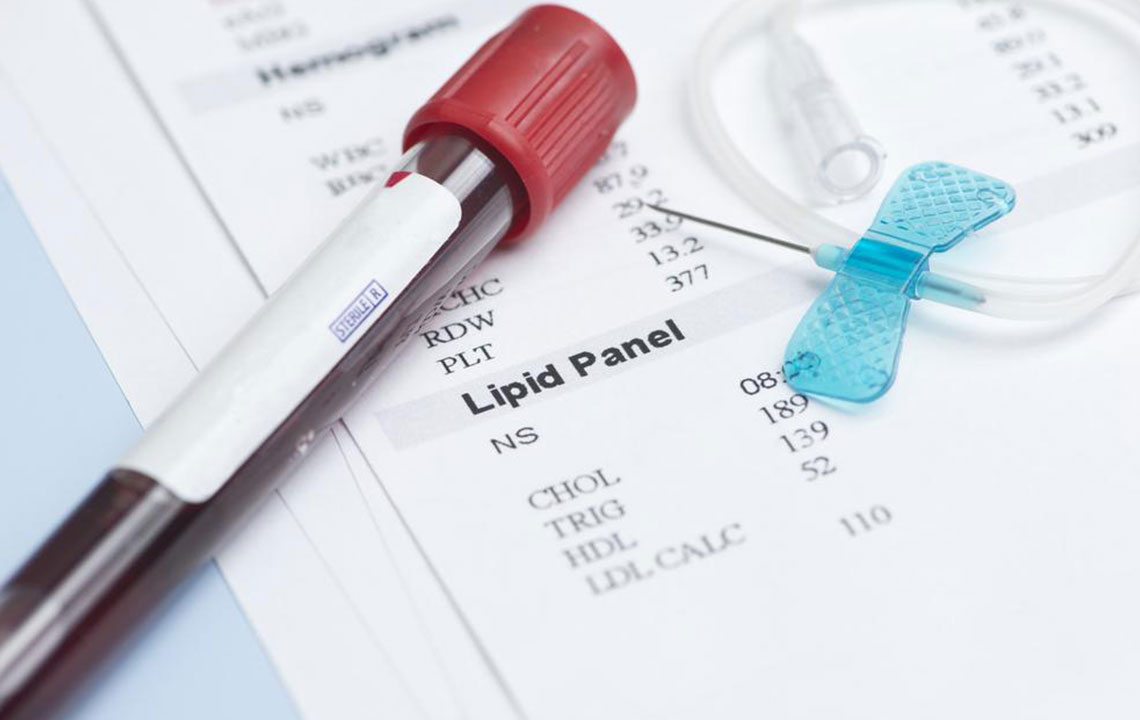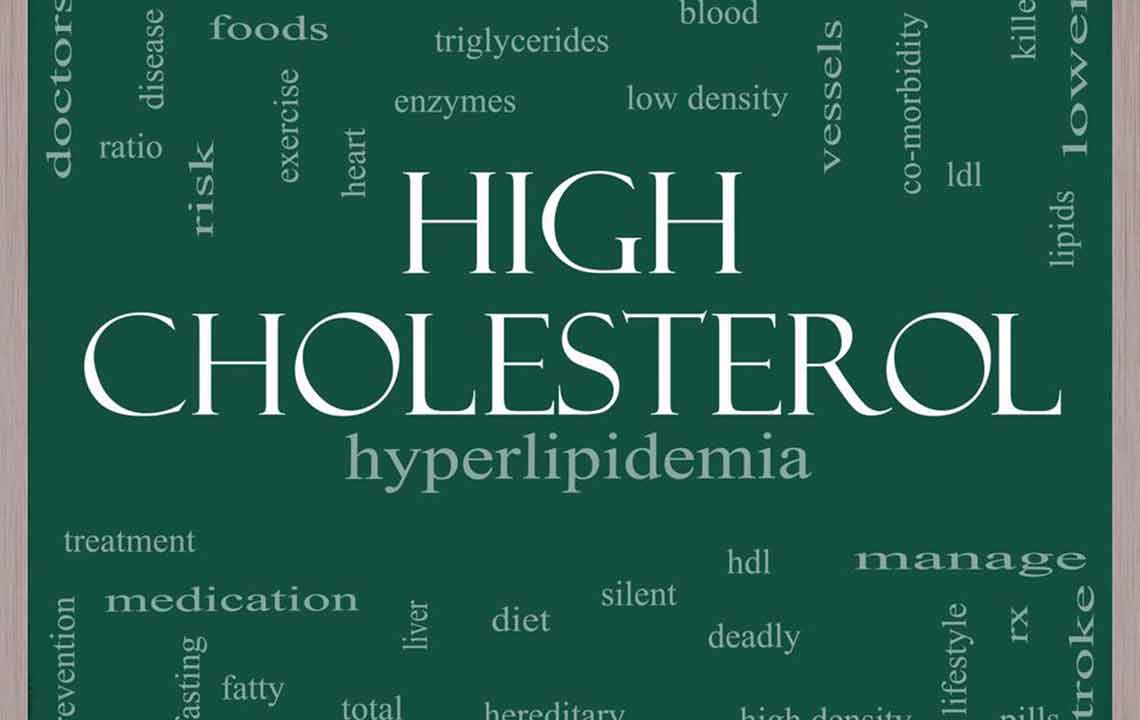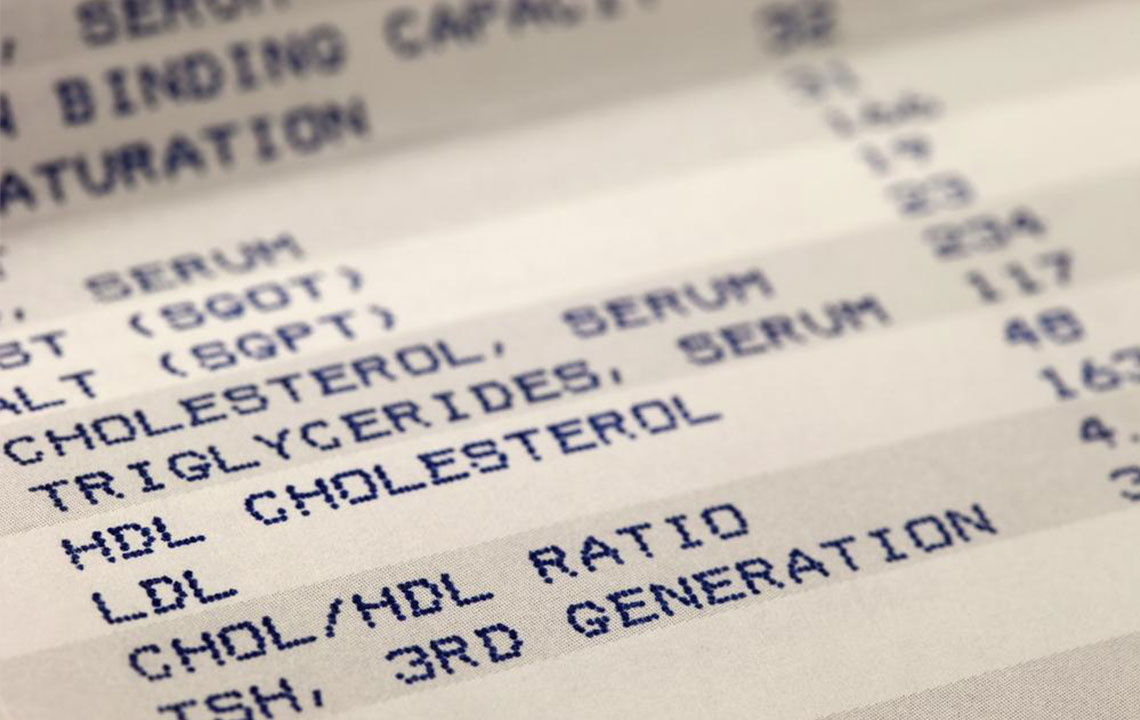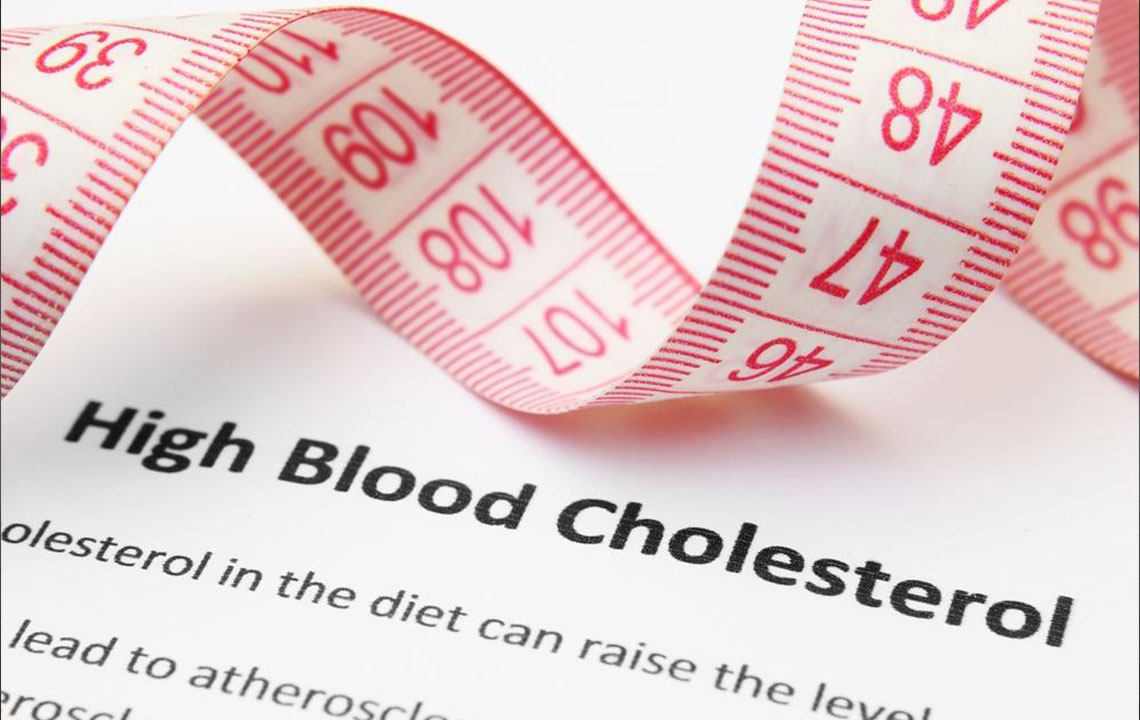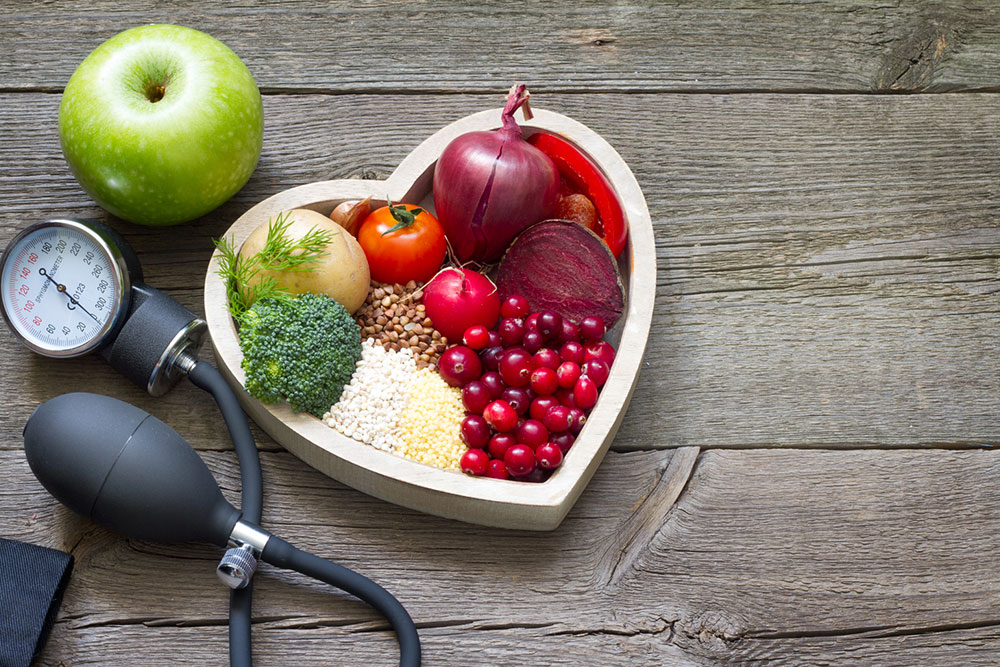Boost Your Heart Health by Increasing Your Good Cholesterol Levels
Learn effective ways to boost your HDL 'good' cholesterol to improve heart health. This guide covers understanding cholesterol types, the importance of maintaining high HDL levels, and practical lifestyle tips like healthy eating, exercising, and choosing nutrient-rich foods. By adopting these strategies, you can reduce your risk of cardiovascular diseases and promote a healthier life. Regular cholesterol checks and healthy habits are crucial for long-term heart health.
Sponsored

High cholesterol levels can pose serious health risks, impacting your daily life and elevating the chance of cardiovascular diseases. But why is managing cholesterol so critical? Cholesterol, a waxy substance produced by your liver and found in some foods, is essential for cell function, hormone production, and Vitamin D synthesis. Yet, excess blood cholesterol can lead to blockages in arteries, increasing stroke and heart attack risk. Understanding the difference between good and bad cholesterol is key to maintaining optimal heart health.
Cholesterol travels through your bloodstream attached to proteins called lipoproteins. There are two main types: LDL, known as 'bad cholesterol,' and HDL, labeled 'good cholesterol.' LDL can deposit fats into arteries, causing blockages, whereas HDL helps remove cholesterol from your bloodstream, reducing cardiovascular risks.
Understanding HDL and LDL Cholesterol
Your total blood cholesterol includes HDL, LDL, and triglycerides. Elevated LDL levels can cause plaque formation, increasing the risk of heart disease and strokes. Conversely, higher HDL levels can lower bad cholesterol in your system. Therefore, raising HDL is vital for cardiovascular health.
What is HDL Cholesterol?
HDL, or high-density lipoprotein, comprises a group of particles rich in fats, cholesterol, and proteins called apolipoproteins. Unlike LDL, which promotes plaque buildup, HDL actively helps clear cholesterol from arteries, offering protective benefits against heart disease.
Comparing HDL and LDL
HDL is the "good" cholesterol, increasing with a healthy diet and decreasing with smoking.
It aids in reducing LDL levels and removing cholesterol from arteries.
Higher HDL levels correlate with lower risk of heart attacks and strokes.
LDL is the "bad" cholesterol, elevated by unhealthy eating habits and smoking.
It is a primary contributor to artery plaque and blockages.
Higher LDL levels pose significant heart health risks.
Overweight individuals often have increased LDL and decreased HDL levels.
Checking your HDL and LDL levels through lipid profile tests is essential, as these numbers are silent indicators of your cholesterol health. Adopting lifestyle changes to elevate HDL and lower LDL can significantly enhance your cardiovascular well-being.
Strategies to Increase HDL Cholesterol
Incorporate Healthy Fats like Olive Oil
Replacing saturated fats like butter with healthier unsaturated fats, such as olive oil, can boost your HDL levels while benefiting your overall heart health.
Exercise Regularly
Staying physically active through daily workouts supports cardiovascular health and helps raise HDL cholesterol effectively.
Eat Colorful Vegetables
Consuming purple vegetables, rich in anthocyanins, helps combat inflammation and free radicals, potentially increasing HDL levels.
Enjoy Nuts, Especially Almonds
Nuts like almonds and walnuts are packed with healthy fats that can enhance HDL levels. Keep them handy for a heart-friendly snack.
Consume Omega-3 Fatty Acids
Include fatty fish such as salmon and mackerel, along with walnuts and flaxseeds, to boost Omega-3 intake, which supports higher HDL cholesterol.
Remember, the goal is to elevate HDL while reducing LDL. Quit smoking, maintain a balanced weight, engage in regular exercise, eat healthy fats, limit refined carbs, and consult your doctor for personalized advice.

